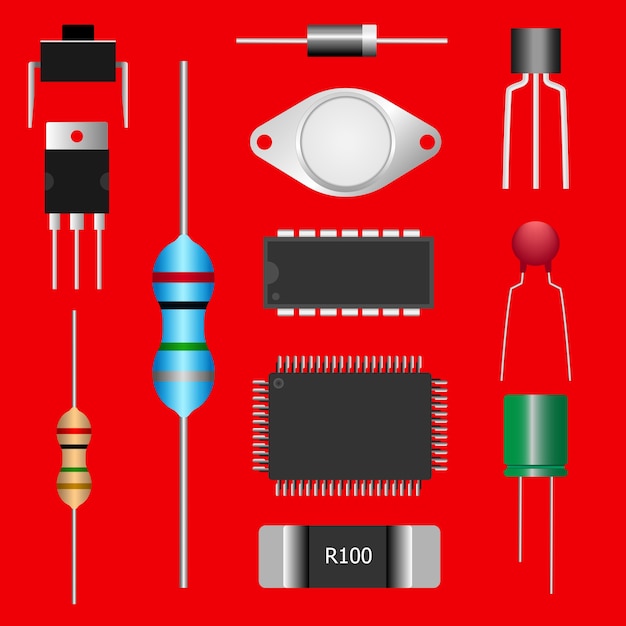Since the human body is mostly made up of water, it’s crucial that we consume enough of these essential minerals. Staying well-hydrated helps us eliminate toxic waste, including harmful chemicals, urea, and ammonia.
Why Are Electrolytes So Important?
When the kidneys are working properly, they regulate the levels of these vital minerals along with the body’s fluid levels. Throughout the day, and especially during exercise, we lose a lot of fluids and mineral electrolytes. This can also happen through urination, vomiting, bowel movements (particularly diarrhea), and from the liquid content of wounds.
When we sweat, we tend to lose minerals like sodium, potassium, and chloride. That’s why athletes focus on replenishing electrolytes after intense workouts. All major body fluids need large amounts of potassium to function, and 90% of the body’s potassium is stored within cellular walls. Therefore, it’s essential to replenish these electrolytes daily by consuming clean fluids and foods.
When we sweat and lose these vital minerals, it’s not just water that we need to replace but minerals as well. Combining fluid intake with electrolytes helps us hydrate faster since water follows electrolytes. Additionally, consuming electrolytes like sodium reduces the amount of water lost through urination, allowing fluids to be absorbed more effectively into muscles, tissues, and nerves.
How to Get More Electrolytes Naturally
Although you might think of getting a boost of electrolytes from a bottle of Vitamin Water or Gatorade, the best and most natural way to replenish electrolytes is through food. Sugary sports drinks offer a quick burst of minerals but can deplete the body over time.
Most Fruits and Vegetables
Fruits and vegetables are rich in electrolytes. Apples, corn, beets, carrots, and green beans are excellent sources. Other options include limes, lemons, oranges, sweet potatoes, artichokes, various types of squash, and tomatoes. For best results, choose organic and locally-sourced produce if possible.
Nuts and Seeds
Nuts and seeds are high in electrolytes. Opt for unprocessed and organic varieties. Almonds, cashews, walnuts, sesame seeds, sunflower seeds, peanuts, hazelnuts, pumpkin seeds, and pistachios can be great additions to your morning cereal or oatmeal.
Beans
Lima, red, mung, white, and pinto beans are packed with mineral-rich electrolytes. Proper seasoning can help avoid excess gas.
Dark Leafy Greens
Greens are a fantastic source of essential electrolytes. Spinach, in particular, is high in minerals. Incorporate more greens into your diet by choosing from kale, beet greens, mustard greens, bok choy, and chard. These greens contain sodium, calcium, potassium, magnesium, and prebiotics that promote good gut health and digestion.
Bananas
Bananas are an excellent source of electrolytes, especially potassium. This sweet fruit is one of the richest sources of potassium on the planet.
Tip: Adding a pinch of Himalayan salt and a teaspoon of organic raw apple cider vinegar to purified water can quickly replenish electrolytes. This method is recommended for some professional athletes I’ve consulted with.

